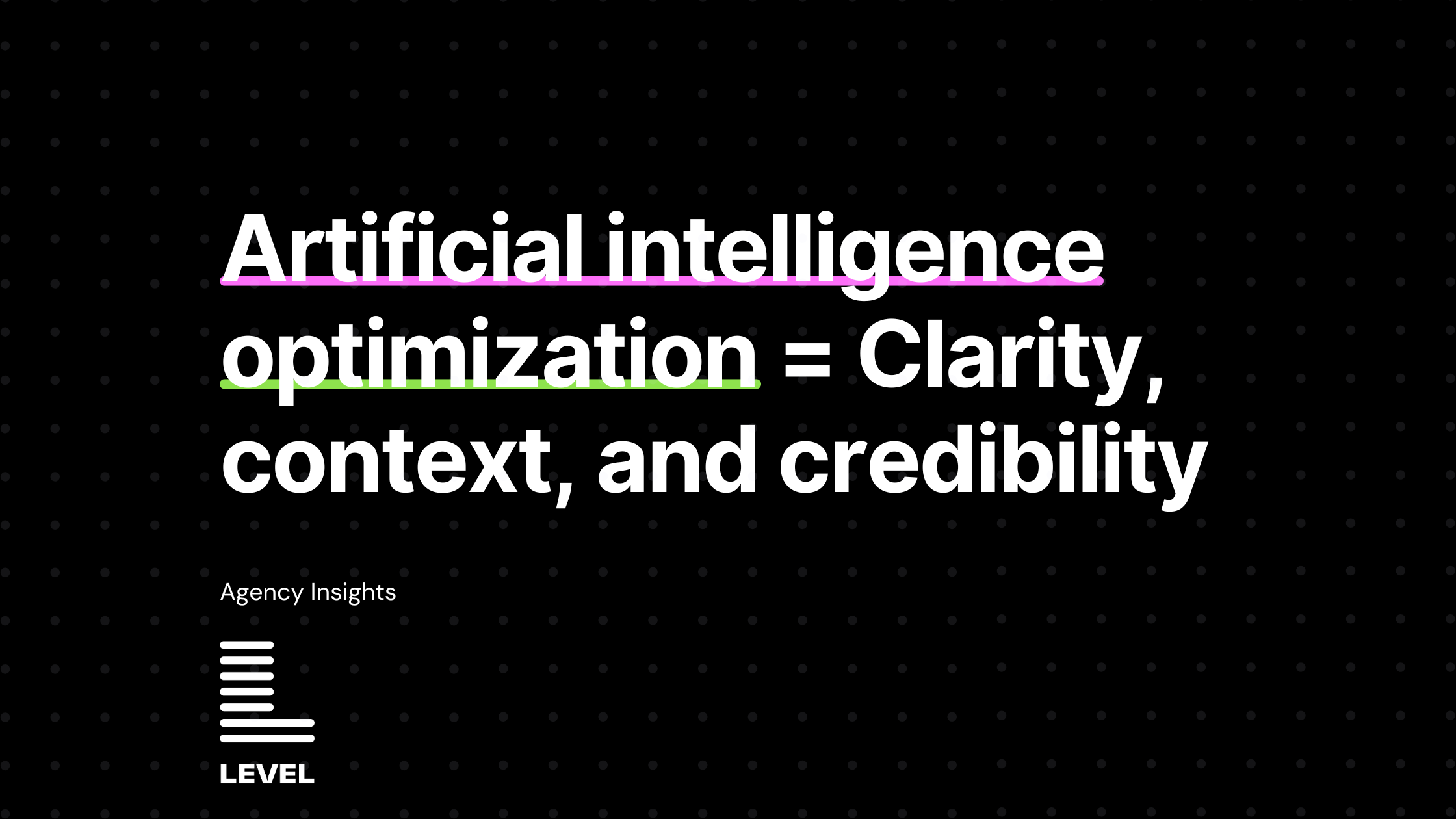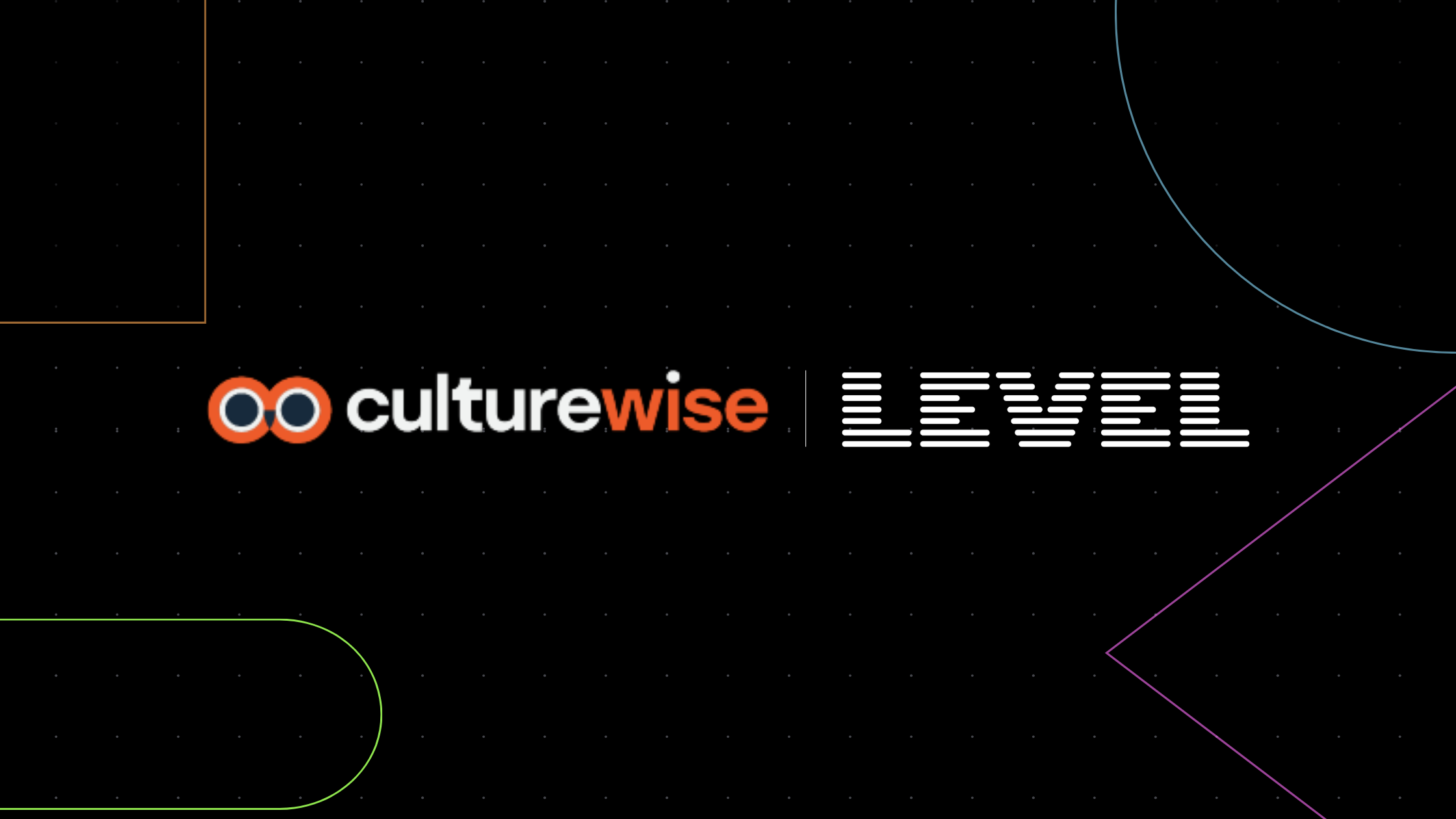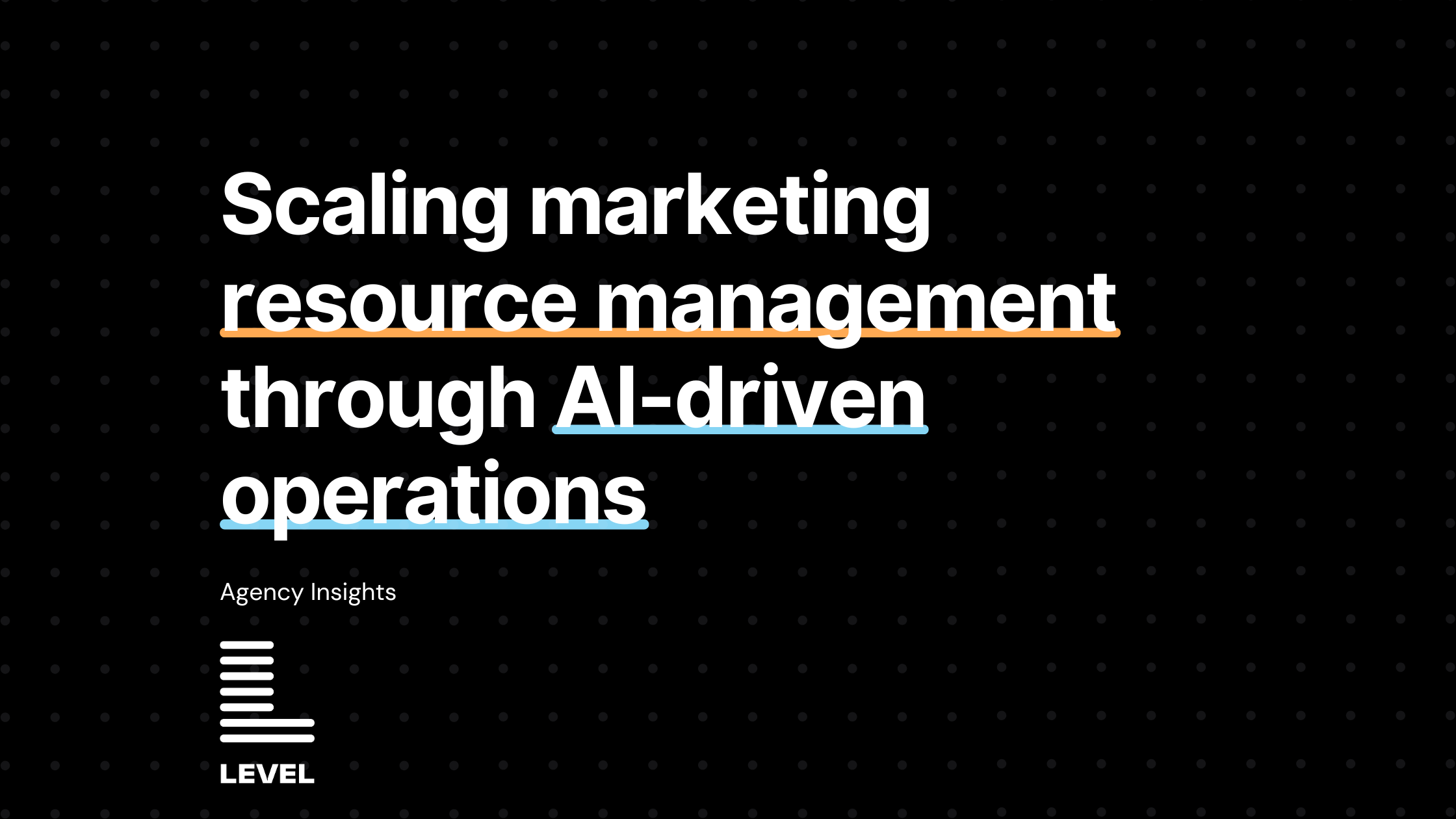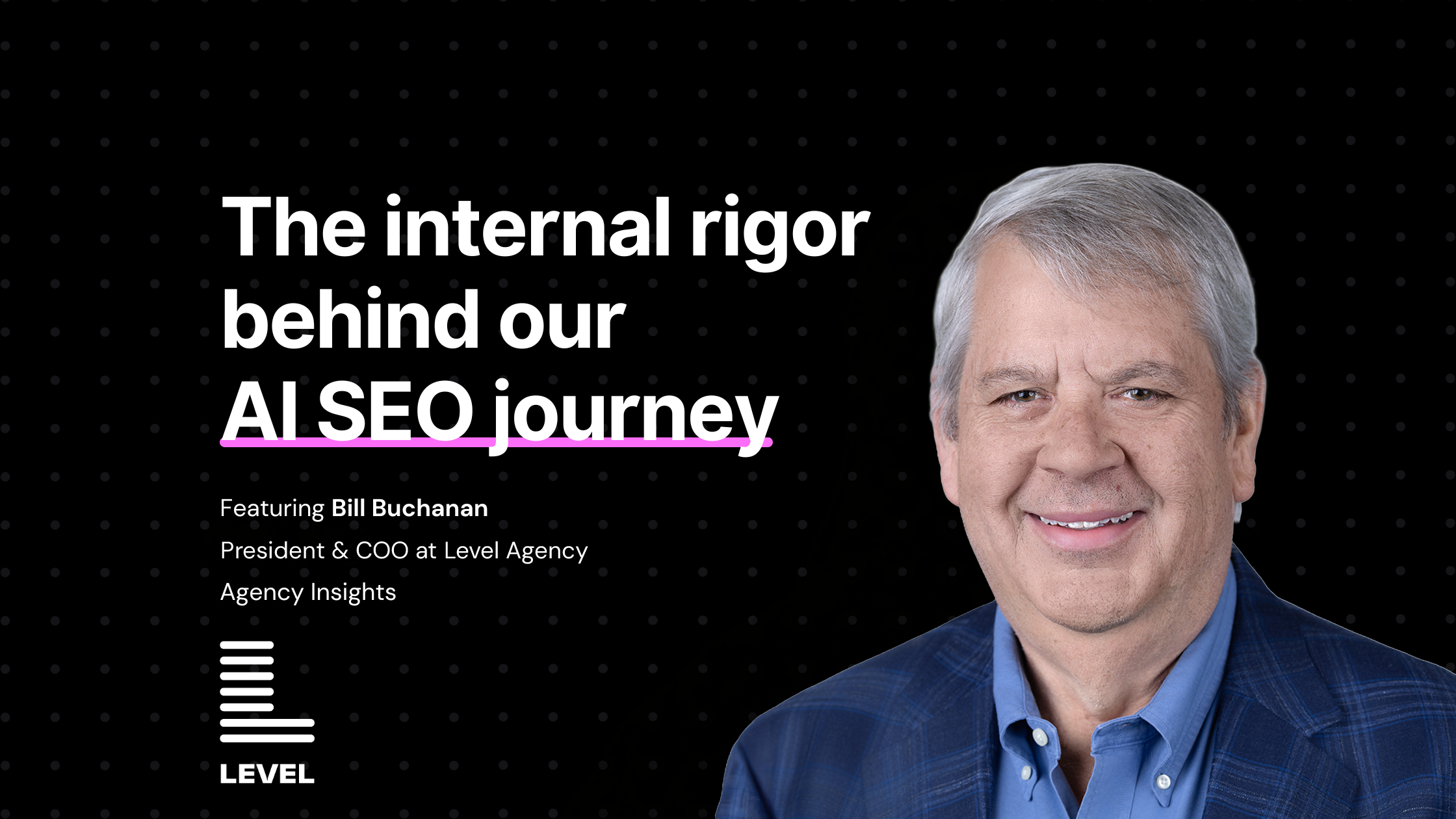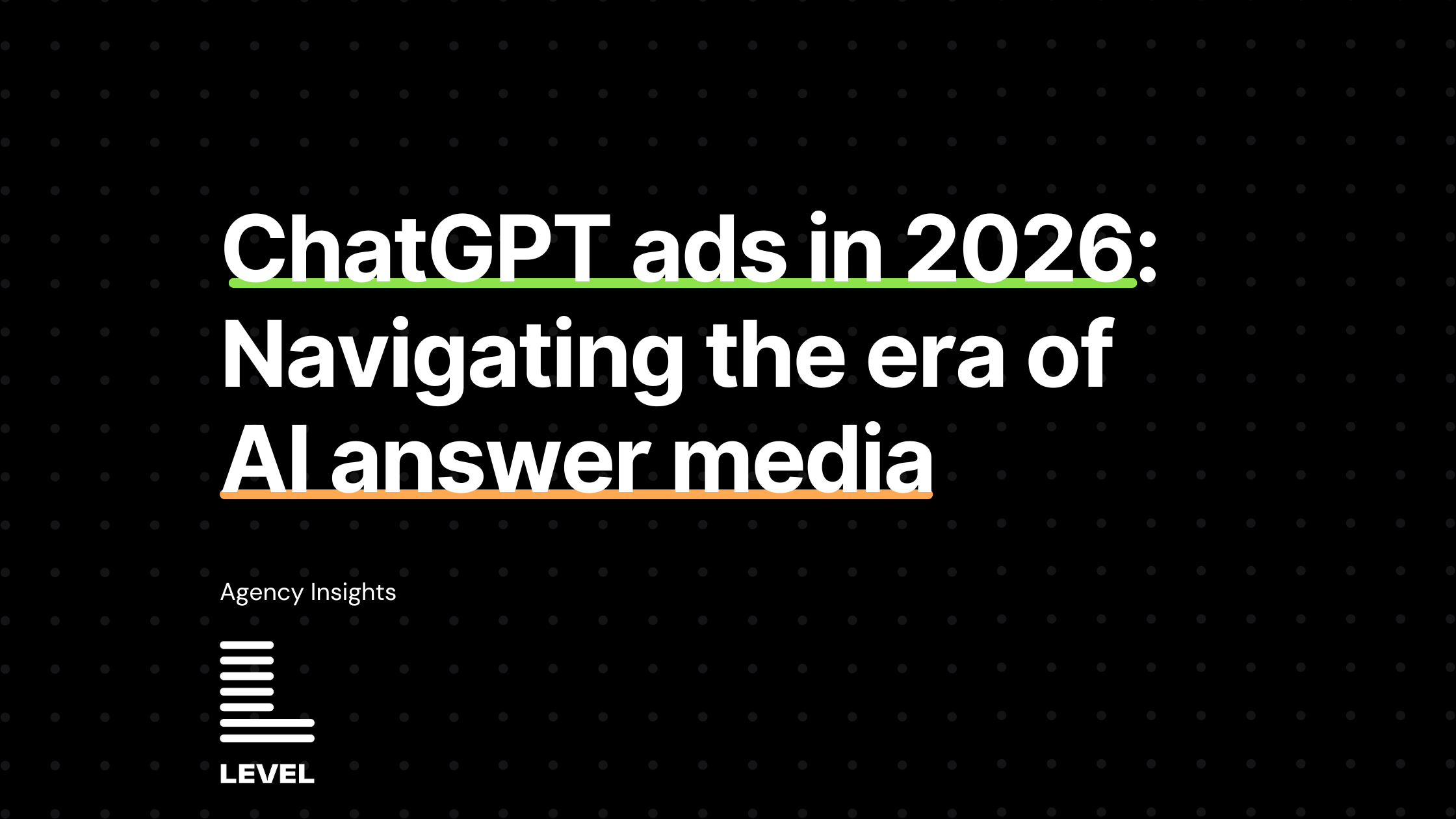Your organic traffic is vanishing, but your rankings aren’t. If you’re watching carefully optimized pages hold their #1 position while organic clicks mysteriously evaporate, you’re experiencing the most disruptive change in search marketing since Google launched.
AI-powered features like Google’s AI Overviews now answer user questions directly on the search results page, eliminating the need for users to click through to websites.
Only 40.3% of U.S. Google searchers clicked on organic results in March 2025, which is down 4% from 2024. Meanwhile, Google’s AI Overviews now appear in 13.14% of all queries, nearly twice as often as in January 2025.
Winning in search in 2025 means structuring your content so AI systems can easily find it, understand it, and surface your brand in their answers; otherwise known as AI optimization.
How to optimize content for AI-powered search
When talking about optimizing content for AI, you’ll see terms like Generative Engine Optimization(GEO), Answer Engine Optimization(AEO), and Large Language Model Optimization (LLMO) all being tossed around. At their core, they’re all pointing to the same reality: AI systems are now the audience for your content, not just traditional search engine crawlers.
And unlike crawlers, AI systems evaluate content like a research assistant, scanning for clarity, authority, and direct relevance they can confidently use in an answer.
That means restructuring content for AI using three priorities:
- Clarity: Use natural language, direct answers, and clean formatting so AI can easily extract information.
- Context: Tie your content to entities, sources, and broader topics so your brand stays linked to the conversation.
- Credibility: Provide evidence, examples, and signals of authority so AI models trust your material enough to surface it.
The jargon doesn’t matter, whether you call it GEO, AEO, or LLMO. What matters is building content that AI systems want to quote, and that’s easy for them to find.
Best practices for AI content optimization
Most content won’t make it into AI answers. Here’s how to give yours the best chance.
Lead with immediate answers
AI systems scan for immediate value and skip content that doesn’t quickly deliver useful information. This directly supports AI optimization by providing the clear, structured responses AI systems need.
- Instead of this: “Search engine optimization has evolved significantly over the past decade, with many marketers struggling to adapt to the changing landscape…”
- Write this: “AI optimization requires three specific changes to your current SEO strategy: structuring content for immediate answers, building multi-source topic authority, and optimizing for conversational queries rather than keyword matches.”
The second approach delivers value in the opening sentence, increasing your chances of AI citation because the system can immediately identify relevant information.

Structure content to be featured in snippets
There’s a direct connection between featured snippet optimization and AI Overview citations. Featured snippets frequently accompany AI Overviews, making them your most reliable pathway to Generative Engine Optimization success. Target question-based keywords with concise answers that directly address user intent.
Formatting patterns that work:
- Tables for comparisons, stats, or step-by-step breakdowns.
- Bullet lists for “how to” or “top 10” style queries.
- FAQs that use natural question/answer formatting—mirroring how people ask queries in search and AI tools.
Types of content that are most likely to be cited in LLMs include:
- Listicles
- Comparative content
Use as much natural language as possible
Optimizing content for AI requires leaning much more heavily on natural language that matches how people actually speak and ask questions. This is a shift away from using exact match keywords, toward content that sounds like a knowledgeable colleague explaining concepts.
Traditional approach: “Our content marketing services help businesses improve content marketing ROI through strategic content marketing planning and content marketing execution.”
AI-optimized approach: “When clients ask us how to improve their content marketing results, we start by analyzing what’s not working in their current approach. Most businesses struggle because they’re creating content without understanding what their audience wants to know.”
The second approach uses natural language patterns that AI systems recognize and can easily reference in conversational responses.
Building the authority that makes artificial intelligence optimization strategies work
Even perfectly structured, conversational content won’t get cited without credibility signals. AI systems apply the same trust filters that Google uses: Experience, Expertise, Authoritativeness, and Trustworthiness (E-E-A-T). However, they’re more selective because they’re putting their “reputation” behind the information they cite.
This is where your AIO implementation succeeds or fails. Without proper authority signals, AI systems will choose competitors’ content over yours, regardless of how well-optimized your structure and language might be.

Create original research and expertise signals
Demonstrate genuine expertise through original research, surveys, or data analysis. Secure expert quotes from recognized industry authorities. Publish guest content on respected publications that link back to your research.
Focus on creating studies, data analysis, or industry reports that fill genuine knowledge gaps in your field. The goal is establishing your organization as a primary source that AI systems can confidently reference when addressing related queries.
Diversify your digital presence
AI systems evaluate your overall digital presence, not just your website. Maintain authentic presence across platforms where your audience engages:
- Reddit for community discussions where authentic expertise gets recognized
- LinkedIn for professional insights and industry commentary
- Industry forums for technical discussions that demonstrate specialized knowledge
Each platform contributes to your digital footprint that AI systems reference when determining source credibility.
Measuring AI optimization success requires new metrics
Since AIO focuses on citations rather than clicks, traditional metrics like organic traffic and keyword rankings tell an incomplete story. Zero-click searches mean users often find value from your content without visiting your website, making conventional analytics insufficient for measuring your true search impact.
Your measurement strategy must account for the authority-building and citation-focused approach that AIO requires.
Track AI-specific performance indicators

These qualitative metrics often predict future AI citation success more accurately than traditional ranking measurements and directly reflect whether your AIO implementation is working.
The future of search optimization is here
Zero-click searches will continue increasing as AI response generation becomes more sophisticated. Success belongs to brands that focus on:
- Providing genuine value to target audiences
- Establishing expertise through quality content
- Building authentic authority within their industry
Your success in AI-driven search experiences depends on how quickly you embrace the opportunities that AI optimization creates.
Ready to optimize for AI-powered search? Discover Level Agency’s AI SEO services or explore our comprehensive AI SEO glossary for strategic definitions and implementation guidance.
